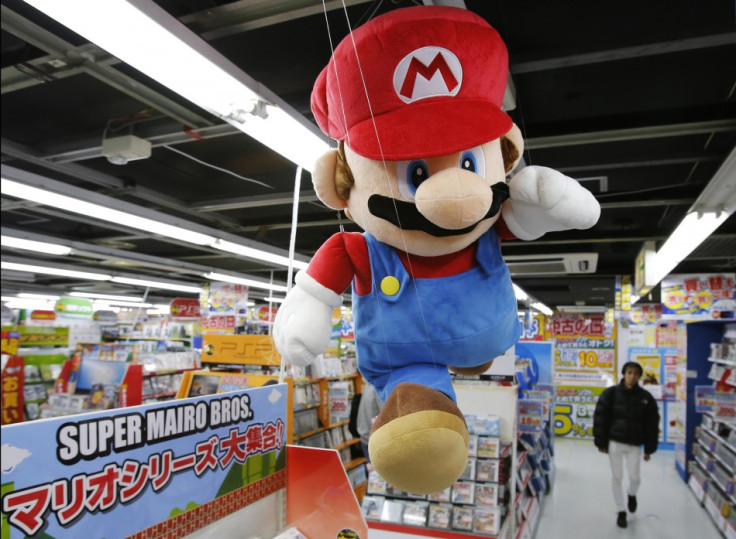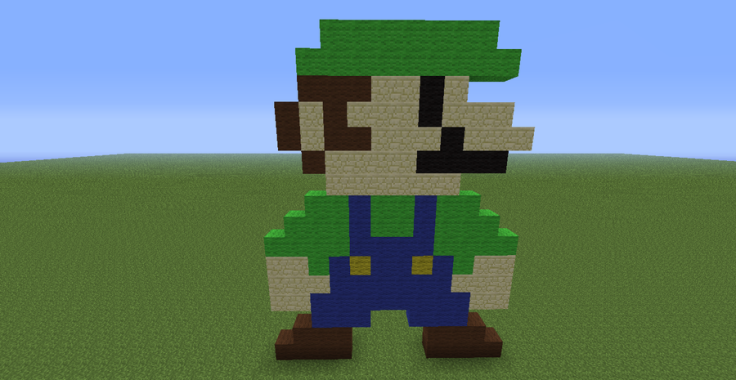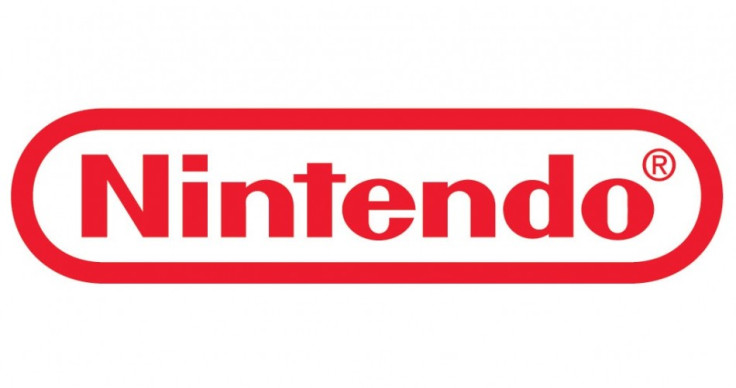E3 2013: Nintendo Isn't Even Trying
After the mammoth keynotes from Sony and Microsoft, Nintendo's Direct conference shows the company isn't even trying to compete - and nor should it.

Nintendo isn't even trying any more. I don't mean that in a pejorative way: If you watch back the latest Nintendo Direct, the company's got some enticing stuff coming up. But in terms of a console race against Sony and Microsoft, Nintendo's given up, or rather, it's opted out.
It's best not to think of Nintendo as a videogame company. Rather, it's a toy manufacturer: it makes novelties and playthings. This is how it keeps getting away with a new Mario or Donkey Kong or Zelda iteration every year. These aren't videogames in the sense of Halo or Call of Duty, where sequels create consumer dissatisfaction, they're toys and gadgets; they're iterative rather than successive.
It's accurate, I think, to liken a new Mario game a new line of dolls. Nintendo is constantly adding small changes to its IPs; the fact that in Super Mario World 3D, Mario will be able to turn into a cat is like Hasbro giving Action Man Eagle-Eyes. It's not meant to replace so much as just build upon. It's another addition to the line-up that you can either take or leave
New outfit
Microsoft and Sony, on the other hand, publish software. Though both companies did a nice job of talking up their current-gen platforms at E3, their models are still very dependent on what's next, on the new. EA's sports division is the worst for this, ragging on the previous game in order to up-sell the next, but Sony and Microsoft do it too.
Their rhetoric is all "future" and "new experiences"; it's all about how the next console and next entry in the franchise will improve on the last. Games are treated like operating systems, whereby the bigger and better Halo 4 is meant to replace the old and worse Halo 3.
Nintendo though keeps its games very much the same (the new Smash Bros looks almost entirely unchanged, as does the new Donkey Kong) and just adds little touches. They use the same plastic mould for their Barbie, but wheel her out every year with a new outfit.

And people go for it, they always have. Despite the general consensus that Nintendo makes games for casual players, its fans are in fact the most diehard, the most dedicated, across any platform. Mario will always ship games. So will Luigi, Link, Samus and Star Fox.
Nintendo fans buy plush toys of Yoshi and belt buckles that look like NES controllers. They pick up the new Mario game not necessarily because it's anything new, but because it's another piece of the brand, another bit of merchandise. This is something they've been into since they were kids, when Nintendo's simple, colourful videogames were the most accessible and appealing. They're fanatical; they're like Waylon Smithers with his collection of Malibu Staceys.
Nintendo knows this. The fact that the company can launch something as disappointing sales-wise as the Gamecube and still keep going shows that, rather than software or hardware companies, which live or die by the next big thing, Nintendo is a toy developer. Like Mattel with the Cabbage Patch Snacktime Kids, it can afford one botched iteration.
Risk
So that's why Nintendo isn't competing with Microsoft and Sony any more, not because it can't but because there's no sense in it trying. Despite some crossovers, Nintendo operates in a different industry to its so-called rivals. It has absolute brand loyalty; rather than the next awesome game, its fans are simply looking to add to their merchandise collection.
How else could it keep going? If Nintendo were a game company, surely, it would have died by now. It's launched the same games with the same characters, annually, for more than 25 years. In the shape of the Gamecube and the Virtual Boy, it's had two failed console launches. Sega, a game company, closed its hardware division after just one.

Nintendo has its own little corner of industry and it's just building up and up, like a Risk player who's managed to land on Papua New Guinea. It has no reason to pay attention to Microsoft and Sony, their hardware or their games. It will just keep thudding along, releasing a console or pumping out new versions of its toys whenever there's an opening. Nintendo is the leader of a market it created. It doesn't have to try.
© Copyright IBTimes 2025. All rights reserved.






















